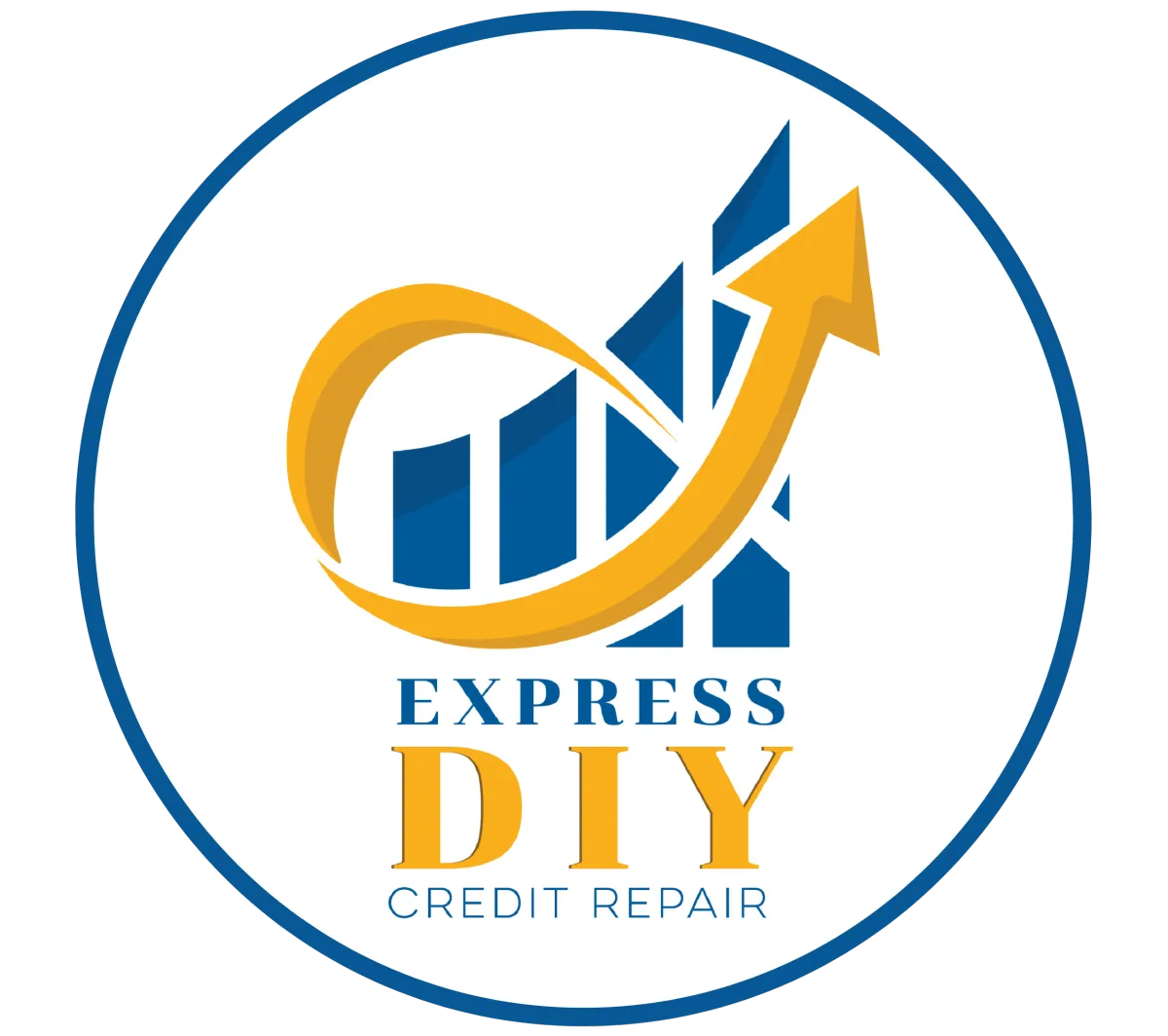THE #1
DIY EXPRESS
CREDIT REPAIR SYSTEM
EVERYTHING YOU NEED TO INCREASE YOUR CREDIT SCORE
STEPS FOR MY DIY CREDIT REPAIR
Review Your Credit Reports:
Carefully review each credit report to identify any errors, inaccuracies, or negative items that may be impacting your credit score. Common issues include incorrect personal information, accounts that don't belong to you, late payments, collections, or bankruptcies.

Dispute Inaccurate Information
If you identify any errors on your credit reports, you have the right to dispute them with the credit bureaus. This can typically be done online, by mail, or by phone. Provide documentation to support your dispute and follow up to ensure it is resolved.

Manage Your Debt
Assess your outstanding debts and develop a plan to manage and pay them off. This may involve negotiating with creditors, setting up payment plans, or consolidating debt.


Build Positive Credit History
Focus on building positive credit history by making on-time payments, keeping credit card balances low relative to your credit limits (maintaining a low credit utilization ratio), and avoiding new credit inquiries or accounts unless necessary.

Monitor Your Progress
Regularly monitor your credit reports and scores to track your progress and ensure that any disputes or corrections are reflected accurately. You can use free credit monitoring services or purchase credit monitoring subscriptions for more comprehensive monitoring.

Stay Patient and Persistent
Improving your credit takes time and patience. Be persistent in your efforts to address any issues and make positive changes to your credit habits. Set realistic goals and celebrate your progress along the way.

Innovation
Fresh, creative solutions.

Integrity
Honesty and transparency.

Excellence
Top-notch services.

FOLLOW US
Copyright 2026. Express DIY Restoration. All Rights Reserved.
Review Your Credit Reports:

Carefully review each credit report to identify any errors, inaccuracies, or negative items that may be impacting your credit score. Common issues include incorrect personal information, accounts that don't belong to you, late payments, collections, or bankruptcies.
Dispute Inaccurate Information

If you identify any errors on your credit reports, you have the right to dispute them with the credit bureaus. This can typically be done online, by mail, or by phone. Provide documentation to support your dispute and follow up to ensure it is resolved.
Manage Your Debt

Assess your outstanding debts and develop a plan to manage and pay them off. This may involve negotiating with creditors, setting up payment plans, or consolidating debt.
Build Positive Credit History

Focus on building positive credit history by making on-time payments, keeping credit card balances low relative to your credit limits (maintaining a low credit utilization ratio), and avoiding new credit inquiries or accounts unless necessary.
Monitor Your Progress

Regularly monitor your credit reports and scores to track your progress and ensure that any disputes or corrections are reflected accurately. You can use free credit monitoring services or purchase credit monitoring subscriptions for more comprehensive monitoring.
Stay Patient and Persistent
